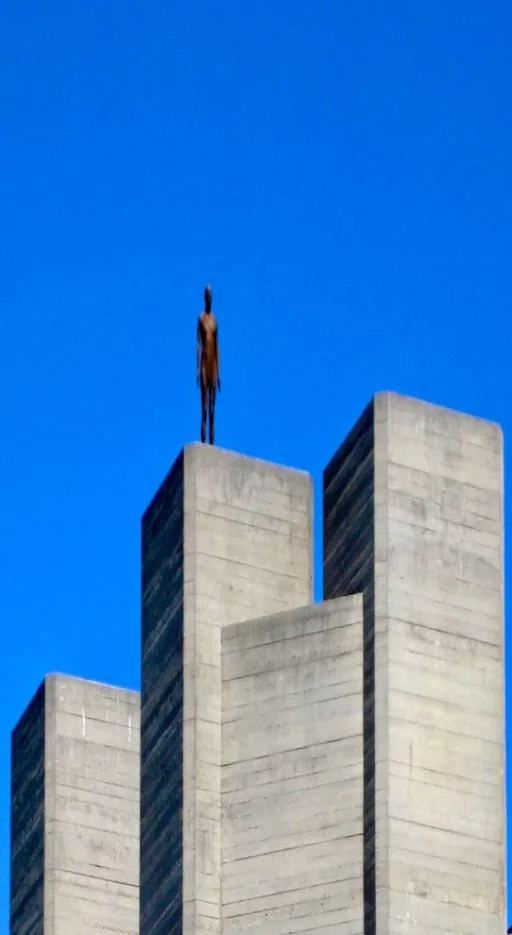Society for Critical Studies of Crisis (SCSC)
Crisis: Politics, Precariousness, and Potentialities
Crisis Studies
Crisis seemingly weaves our world together with alarming reports on global pandemics, climate change, financial collapse, poverty, people’s movement and displacement, armed conflicts, and so on. Claims to crisis may involve tangible displays and be exaggerated by populist ideology and rhetoric. These might serve to justify rapid shifts in the socio-political and economic landscapes at the national and international level, laying bare power, and other dynamics underlying the responses to these phenomena.
Yet, crisis also refers to sudden incidents that disrupt the foundation and normalcy of lifeworlds, livelihoods, and communities and, in doing so, make outcomes unpredictable. The social asymmetries inherent to a crisis due to life defining conditions such as gender, age, sexuality, ethnicity, class, and bodyableness, however, are only rarely recognized in the analysis of a given crisis, how it is interpreted, its many-layered impacts, and the policies and strategies implemented to cope with a crisis and its aftermath.
Common approaches to crisis have not kept pace with the increasing complexity in the socio-economic and political systems dealing with a crisis and how a crisis kaleidoscopically is taking new shapes when bouncing between the global and local levels, interlocking with and accelerating already existing crises. The dimensions, phases, and temporalities of a crisis are critical to identify to unfold the differences between crisis as emergency, crisis as a path to renewal, and crisis as a more chronic state of precariousness and difficulties.
Society for Critical Studies of Crisis (SCSC)
SCSC is the culmination of more than two years of inter-disciplinary work at Lund University supported by the Pufendorf Institute through an Advanced Study Group and a CRISIS Theme. These initiatives were a response to urgent calls for political action and ethical calls for more inclusive and efficient models for crisis prevention, mitigation, and restoration.
Aim
The SCSC understands crisis as the result of complex dynamics and interactions rather than a ‘siloed’ event. From an inter- and multidisciplinary perspective, the SCSC seeks to critically examine the interconnectedness between various types of crises, the economic, political, and ideological aspects of a crisis, how these engage to configure politics, realities, and experiences of a crisis, the socially differentiated impacts of a crisis, and its unequal ramifications in particular contexts for specific social groups.
Inauguration
The SCSC is a non-profit Lund University based association which was launched at the Symposium on Critical Explorations of Crisis: Politics, Precariousness, and Potentialities
Platform
The SCSC provides a platform for members’ engagement, both individuals and institutions with an interest in critical crisis studies. Membership is free.
Constitution and Board
Helle Rydstrom, Professor (President)
Department of Gender Studies, Lund University
Personal Homepage
Mo Hamza, Professor (Vice President)
Division of Risk Management and Societal Safety, Lund University
Personal Homepage
Board Members:
Thomas Gammeltoft-Hansen, Professor
Faculty of Law, University of Copenhagen, Denmark
Personal Homepage
Ravinder Kaur, Associate Professor
Department of Cross-Cultural and Regional Studies, University of Copenhagen, Denmark
Personal Homepage
Janet Roitman, Professor
The New School for Social Research and Eugene Lang College, USA
Personal Homepage
Henrik Vigh, Professor
Institute for Anthropology, University of Copenhagen, Denmark
Personal Homepage
Roger Zetter, Emeritus Professor
Refugee Studies Center, University of Oxford, UK
Personal Homepage
Ekatherina Zhukova, Researcher
Department of Political Science, Lund University, Sweden
Personal Homepage
Formalities
Annual General Meeting
The SCSC will hold an annual general meeting.
Liability
Swedish legislation and the Lund University policy and ethical regulations set the frame for the SCSC.
SCSC Activities
Crisis Publications
SCSC Members


